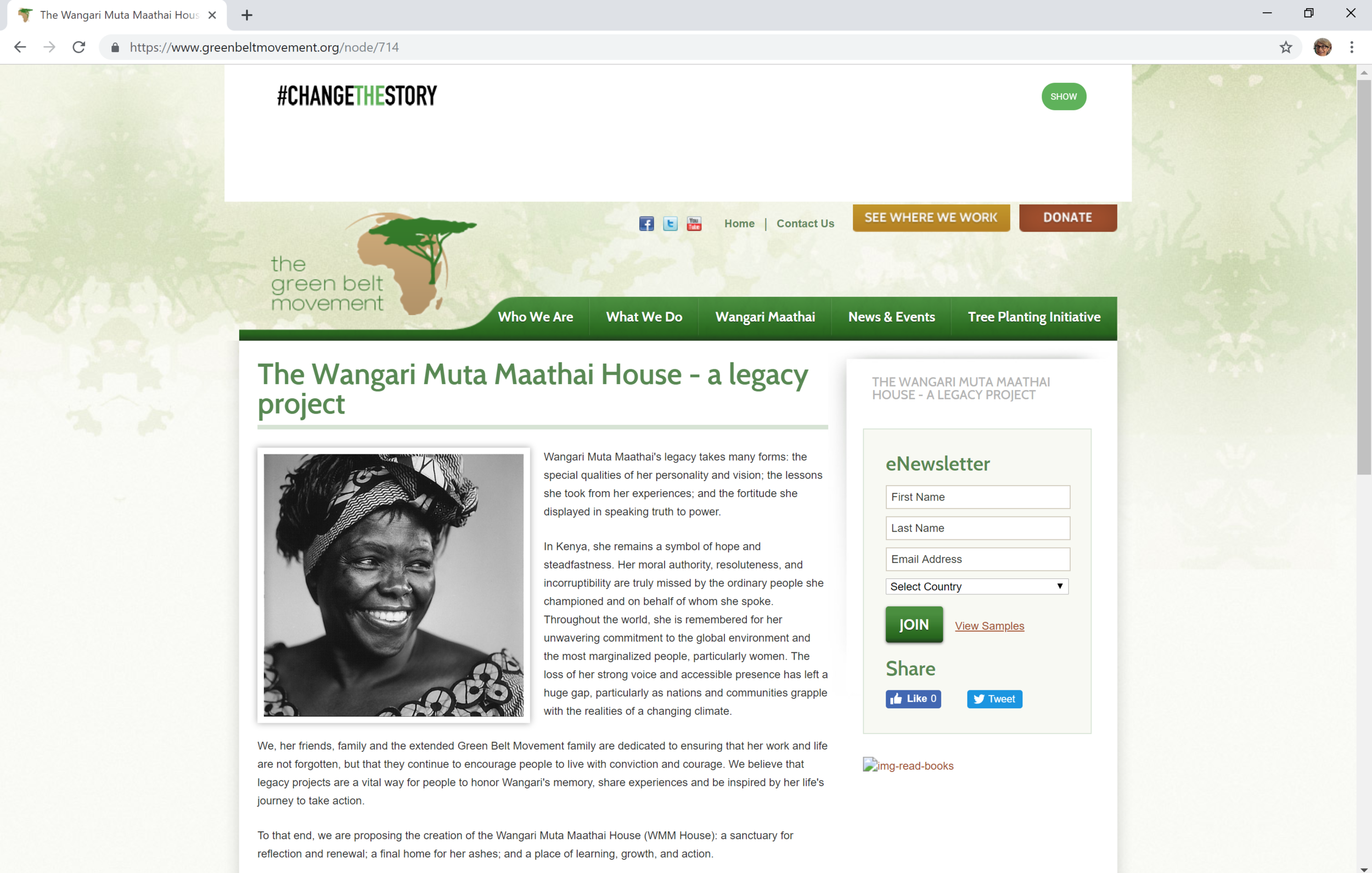As the coordinator of this event and chair of the Section on Effective and Sound Administration in the Middle East of the American Society for Public Administration, I am posting the publicity flyer here. The section's website is down.
FREE PUBLIC EVENT with RSVP
Amplifying Women's Leadership across the Middle East
Panel-Dialogue-Reception at the American Society for Public Administration (ASPA) annual conference
Monday, March 12, 7-8:30 pm
Denver, CO - Hyatt Regency Denver, 650 15th Street, Centennial B
Panel Description
As communities across the Middle East continue to advocate for their rights, dignity and equality, now is a crucial moment to look at models of visionary grassroots leadership and the success of nonviolent activism. In particular, women on the frontlines of social and political change in the region should be recognized to bring much-needed visibility and attention to their roles.
The panel will explore cases of Middle Eastern women's leadership, amplifying the work of women organizers, activists, academics, and others through nonprofit international and Colorado-based organizations. One panelist will shed light on the struggle and achievements of the women's movement during the first Palestinian uprising, as documented in Just Vision’s newest film, Naila and the Uprising, and its relationship to grassroots organizing in Israel and Palestine today. Another panelist will look at Beirut and Beyond’s humanitarian relief, reconciliation, and relationship-building work in the region, along with U.S.-based educational efforts, to support Palestinian refugee communities. A third panelist will share the experience of Meet the Middle East in conducting cross-cultural exchanges and training among women. A fourth panelist will share perspectives from his work with One Earth Future to promote the impact of women on good governance and peacebuilding.
The panel will consider the diverse experiences of key stakeholders in the region, as well as the teaching and practice of conflict mediation in public administration. Audience participation is encouraged. Reception to follow.
Panelists and Moderator
Emma Alpert is Public Engagement Manager for Just Vision, working to increase the power and reach of Palestinians and Israelis seeking to end the occupation and build a future of freedom, dignity and equality. Emma has been engaged in filmmaking, educational programs, journalism, and conflict mediation in Cairo, the West Bank, Jordan, and East Jerusalem for over 10 years.
Suzann Mollner, Executive Director/Founder of Beirut and Beyond and has served Palestinian refugees in refugee camps across the Middle East for over 13 years. Prior, her cross-cultural work with vulnerable populations spanned communities elsewhere in the Middle East and in Africa, Thailand, and the United States.
Iman Jodeh is Founder and Executive Director of Meet the Middle East, fostering relationships between the people of the United States and the region through consulting, cultural events, training in conflict resolution, and immersion travel. She holds a master’s in public administration and is a leader in interfaith engagement.
Larry Sampler is the president of One Earth Future (OEF), a foundation seeking a more peaceful world through collaborative, data-driven initiatives. Our Secure Future is an OEF program that strengthens the Women, Peace, and Security movement. Sampler’s prior federal government career includes senior positions at USAID, the U.S. Department of State, and the Pentagon, taking him to Afghanistan, Somalia, Gaza, and Pakistan.
Aziza Zemrani (Moderator) is a founding member of SESAME and upcoming chair-elect. She is Associate Chair of the Department of Public Affairs and Security Studies at the University of Texas Rio Grande Valley, with cultural competency and leadership development among the areas of her expansive teaching and practice.
This event is co-sponsored by the American Society for Public Administration (ASPA) and the Section on Effective and Sound Administration in the Middle East (SESAME) and endorsed by the Section on Women in Public Administration (SWPA) and the Section on Emergency Crisis and Management (SECM).
For further information on the ASPA Conference, visit: www.aspanet.org and click on the conference homepage. Please direct all RSVPs and inquiries to: Debbie Trent at dtrent@civilstrategies.net






